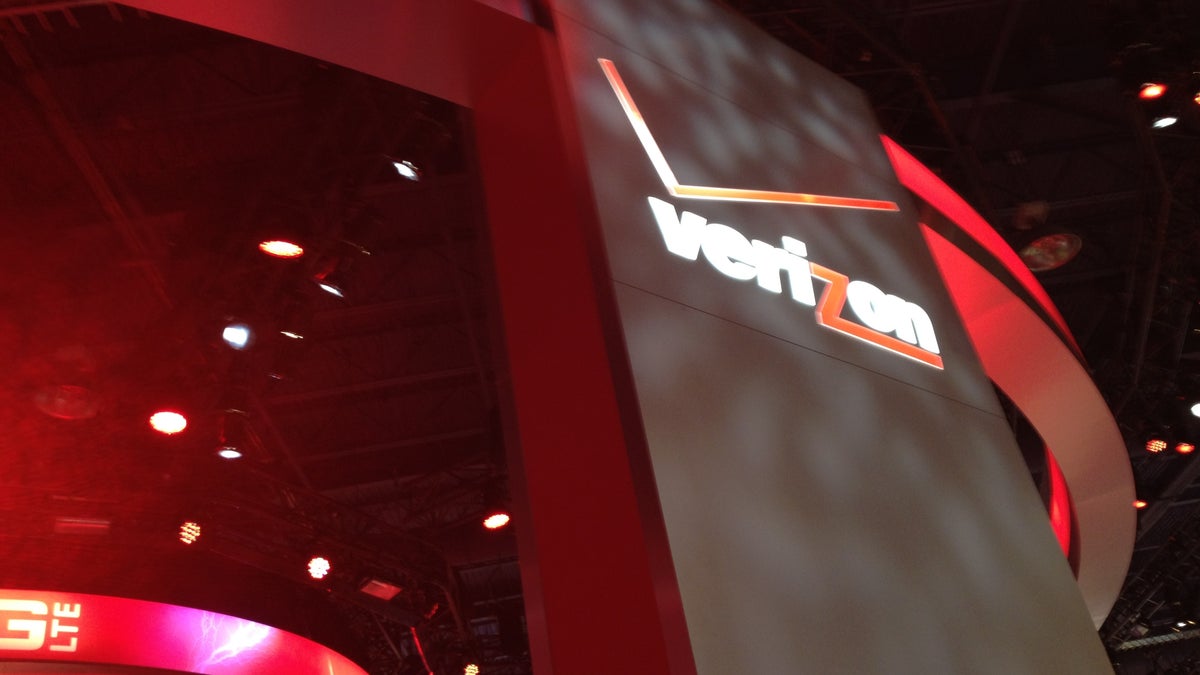Verizon expanding its 4G LTE network yet again on Feb. 16
Verizon continues to keep its 4G LTE network growing, as other carriers struggle to catch up.

Verizon customers in Clarksville and Cookeville, Tenn.; Little Rock, Ark.; Rapid City, S.D.; and San Antonio, Tex., can smile a little wider tomorrow. Big Red is switching on 4G LTE in Cookeville and expanding coverage in all the rest.
The wireless provider has continued to roll out its fast LTE coverage bit by bit in an effort to complete its 4G upgrade across its entire network by 2013. As of tomorrow, Verizon will serve 196 markets.
AT&T is following suit by strengthening its network and padding its roster with a greater number of 4G LTE phones, including the Samsung Galaxy Note, which will go on sale this Sunday.
Meanwhile, Sprint--which has long offered 4G through WiMax technology--has announced its first LTE phone, the Samsung Galaxy Nexus, although there's no hint of an official release date.
T-Mobile has stated its intention to catch up to the others, but following its failed flirtation with AT&T, hasn't shared a firm timeline.
Competing with Verizon remains a challenge for now. AT&T, for example, says that it's seeing nearly doubled data demands, a usage rate that it says it's struggling to support. The carrier's solution of throttling customers with the highest data usage is unpopular and unsustainable.
It certainly doesn't help that the FCC has pulled the plug on LightSquared, a company aiming to build network spectrum that could support the nation's growing hunger for mobile data, especially Sprint's customers.
Verizon's continued expansion is clearly a triumph for the carrier, and an all-too-real warning for its lagging rivals.

